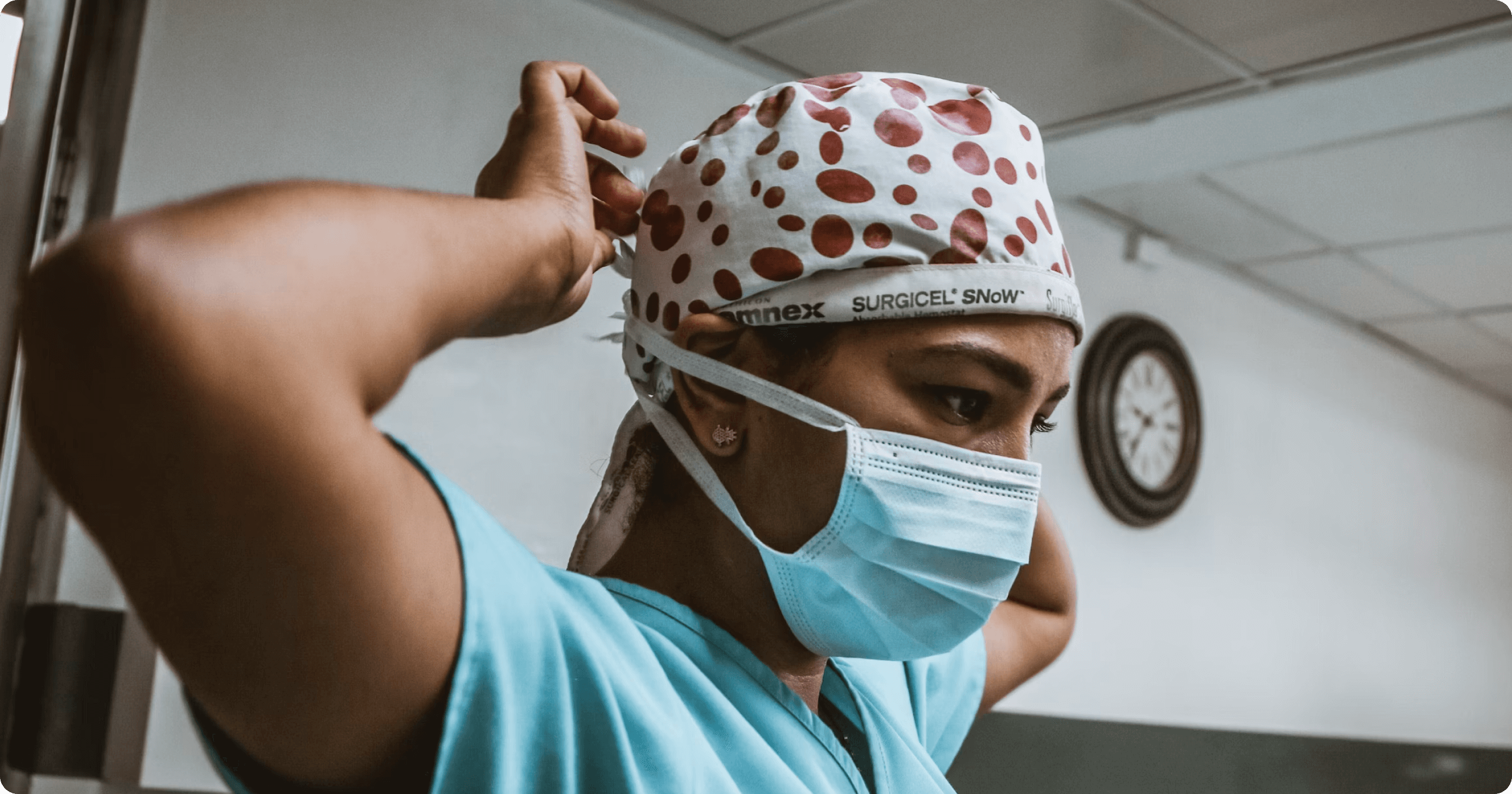Trauma and Orthopaedic Surgery
Trauma and orthopaedic surgery involves treating traumatic, developmental and degenerative conditions of the musculoskeletal system and some tumours that affect bones and soft tissues.
Overview
Trauma and orthopaedic surgery combines medical and surgical skills with a problem-solving attitude where many innovative techniques are constantly being developed. It often appeals to people with a mechanical frame of mind and a flair for problem-solving.
As wide a range of patients imaginable are treated by orthopaedic surgeons. Paediatric orthopaedic surgery often involves correcting deformity or modulating bone and joint growth, which means you will be working in four dimensions.
Many elite athletes require orthopaedic surgery to enable them to return to sport after an injury, while facilitating the sporting endeavours of the average person is a form of preventative medicine.
The ageing population means that the number of people with fragility fractures or degenerative conditions is exponentially growing – replacing a painful joint must be one of the most rewarding procedures a doctor can perform.
Training Body
CST (see General Surgery)
Core Surgical Training (CST) see General Surgery
In Surgery, initial training equivalent to BST is called Core Surgical Training (CST) of 2 years [known as ST1-ST2] which must completed before applying for HST in relevant Surgical Specialty of up to 6 years [known as ST3-ST8]. CST is included in the General Surgery page but also applies to the other surgical specialties.

Higher Specialist Training (HST)
Requirements
- Have completed a Medical Degree.
- Be eligible for inclusion on the Trainee Specialist Division of the Medical Council Register at the time of application.
- Certificate of Completion of Core Surgical Training – CST is a minimum duration of two years of structured Core or Basic training, post internship.
- Successful completion of MRCS part A&B/DOHNS Part B
- For non-Ireland, -UK, -Australia, -Canada, -New Zealand or -US: An IELTS certificate OR the Occupational English Test (OET).